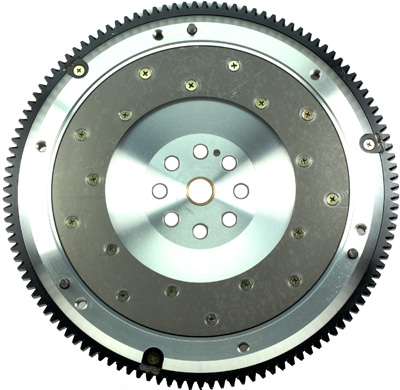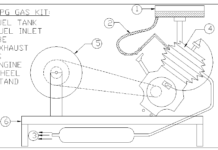A function is a group of statements that together perform a task. Every C program has at least one function, which is main(), and all the most trivial programs can define additional functions.
You can divide up your code into separate functions. How you divide up your code among different functions is up to you, but logically the division usually is so each function performs a specific task.
A function declaration tells the compiler about a function’s name, return type, and parameters. A functiondefinition provides the actual body of the function.
The C standard library provides numerous built-in functions that your program can call. For example, function strcat() to concatenate two strings, function memcpy() to copy one memory location to another location and many more functions.
A function is known with various names like a method or a sub-routine or a procedure, etc.
Defining a Function:
The general form of a function definition in C programming language is as follows:
[message_box title="" color="yellow"] return_type function_name( parameter list ) { body of the function } [/message_box]
A function definition in C programming language consists of a function header and a function body. Here are all the parts of a function:
- Return Type: A function may return a value. The return_type is the data type of the value the function returns. Some functions perform the desired operations without returning a value. In this case, the return_type is the keyword void.
- Function Name: This is the actual name of the function. The function name and the parameter list together constitute the function signature.
- Parameters: A parameter is like a placeholder. When a function is invoked, you pass a value to the parameter. This value is referred to as actual parameter or argument. The parameter list refers to the type, order, and number of the parameters of a function. Parameters are optional; that is, a function may contain no parameters.
- Function Body: The function body contains a collection of statements that define what thefunction does.
Example:
Following is the source code for a function called max(). This function takes two parameters num1 and num2 and returns the maximum between the two:
[message_box title=”Program” color=”yellow”]
/* function returning the max between two numbers */ int max(int num1, int num2) { /* local variable declaration */ int result; if (num1 > num2) result = num1; else result = num2; return result; } [/message_box]
Function Declarations:
A function declaration tells the compiler about a function name and how to call the function. The actual body of the function can be defined separately.
A function declaration has the following parts:
return_type function_name( parameter list );
For the above defined function max(), following is the function declaration:
int max(int num1, int num2);
Parameter names are not important in function declaration only their type is required, so following is also valid declaration:
int max(int, int);
Function declaration is required when you define a function in one source file and you call that function in another file. In such case you should declare the function at the top of the file calling the function.
Function Arguments:
If a function is to use arguments, it must declare variables that accept the values of the arguments. These variables are called the formal parameters of the function.
The formal parameters behave like other local variables inside the function and are created upon entry into the function and destroyed upon exit.
While calling a function, there are two ways that arguments can be passed to a function:
1> call by value:
The call by value method of passing arguments to a function copies the actual value of an argument into the formal parameter of the function. In this case, changes made to the parameter inside the function have no effect on the argument.
[message_box title="PROGRAM" color="yellow"] #include <stdio.h> /* function declaration */ void swap(int x, int y); int main () { /* local variable definition */ int a = 100; int b = 200; printf("Before swap, value of a : %d\n", a ); printf("Before swap, value of b : %d\n", b ); /* calling a function to swap the values */ swap(a, b); printf("After swap, value of a : %d\n", a ); printf("After swap, value of b : %d\n", b ); return 0; } [/message_box] [message_box title="OUTPUT" color="yellow"]
Before swap, value of a :100 Before swap, value of b :200 After swap, value of a :100 After swap, value of b :200
[/message_box]
2>call by reference
The call by reference method of passing arguments to a function copies the address of an argument into the formal parameter. Inside the function, the address is used to access the actual argument used in the call. This means that changes made to the parameter affect the passed argument.
[message_box title="PROGRAM" color="yellow"] #include <stdio.h> /* function declaration */ void swap(int *x, int *y); int main () { /* local variable definition */ int a = 100; int b = 200; printf("Before swap, value of a : %d\n", a ); printf("Before swap, value of b : %d\n", b ); /* calling a function to swap the values. * &a indicates pointer to a ie. address of variable a and * &b indicates pointer to b ie. address of variable b. */ swap(&a, &b); printf("After swap, value of a : %d\n", a ); printf("After swap, value of b : %d\n", b ); return 0; } [/message_box] [message_box title="OUTPUT" color="yellow"]
Before swap, value of a :100 Before swap, value of b :200 After swap, value of a :200 After swap, value of b :100
[/message_box]












